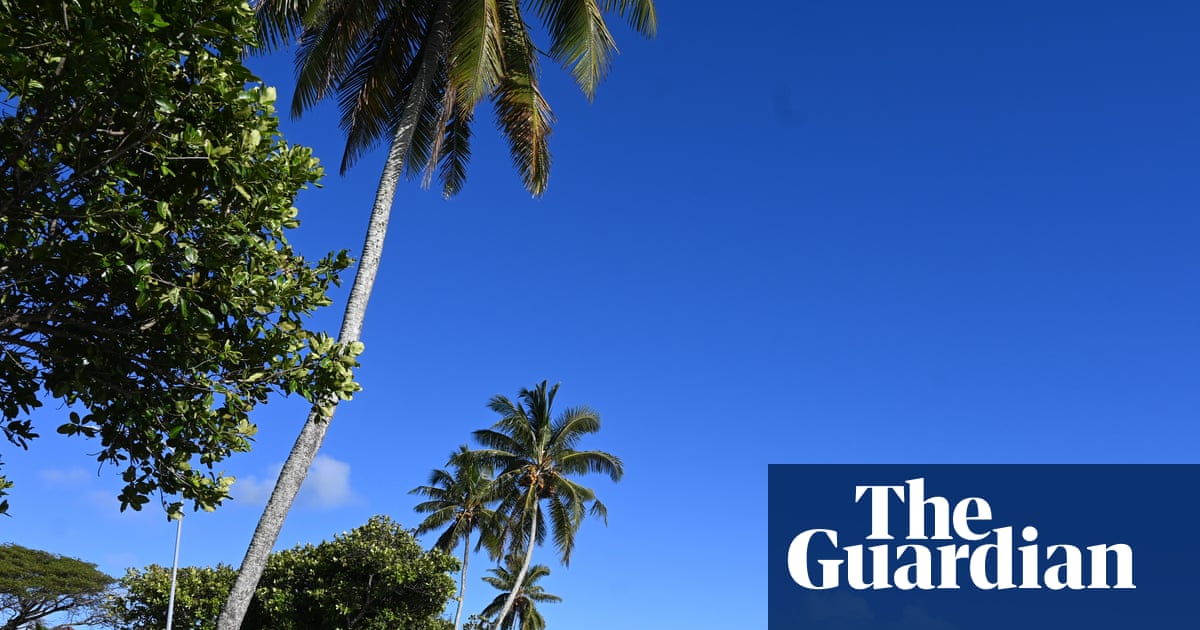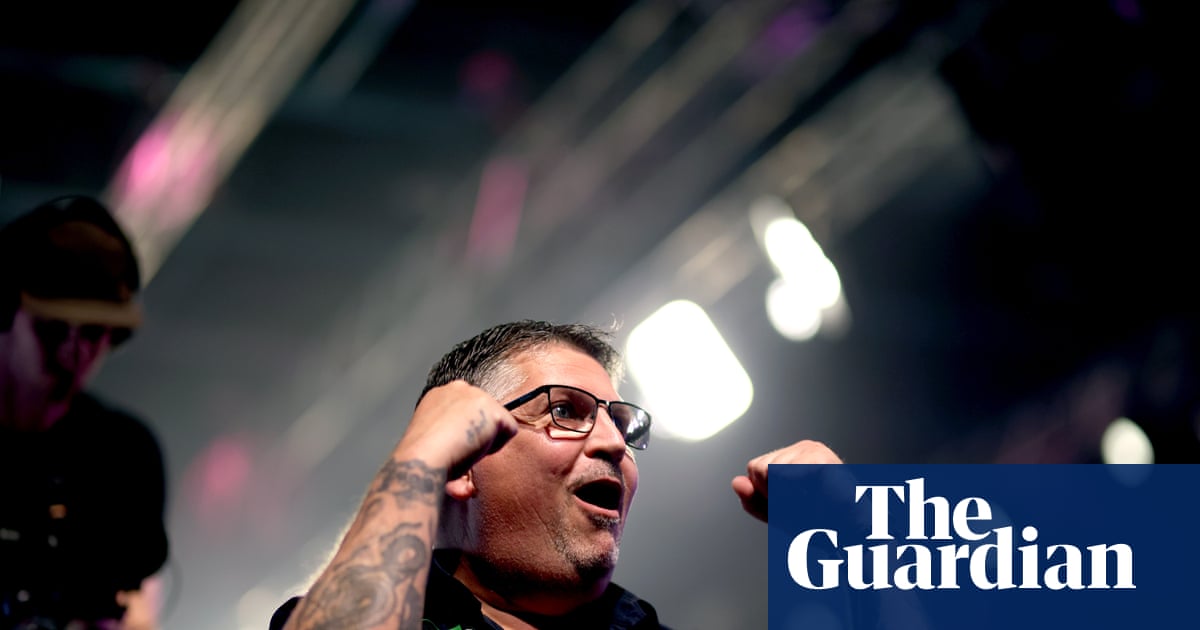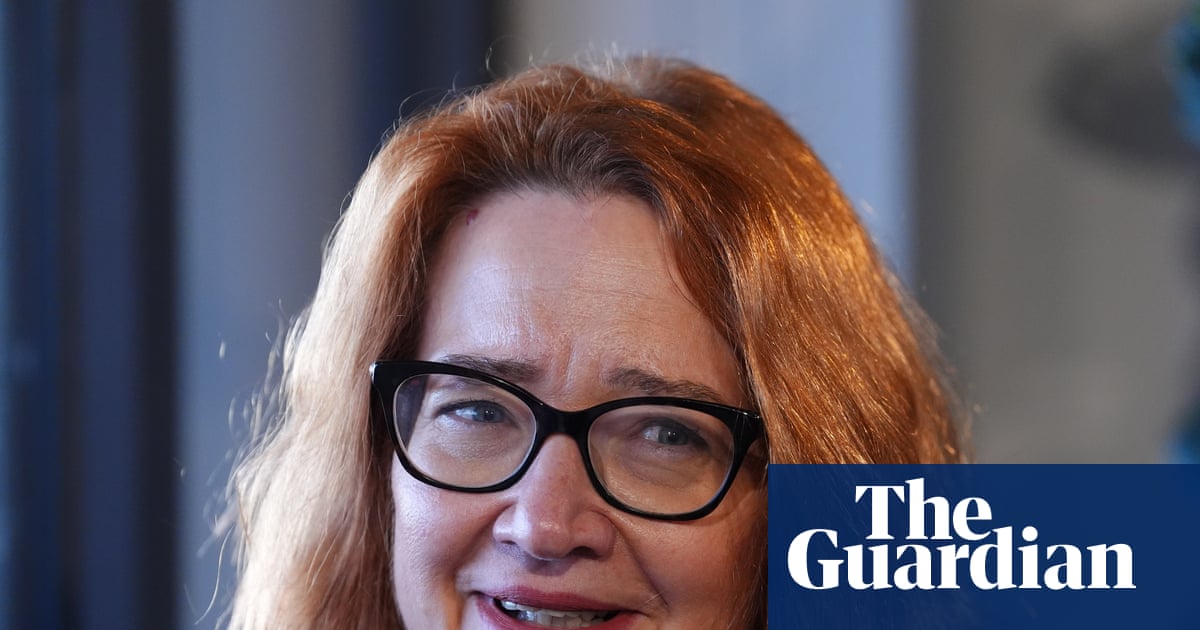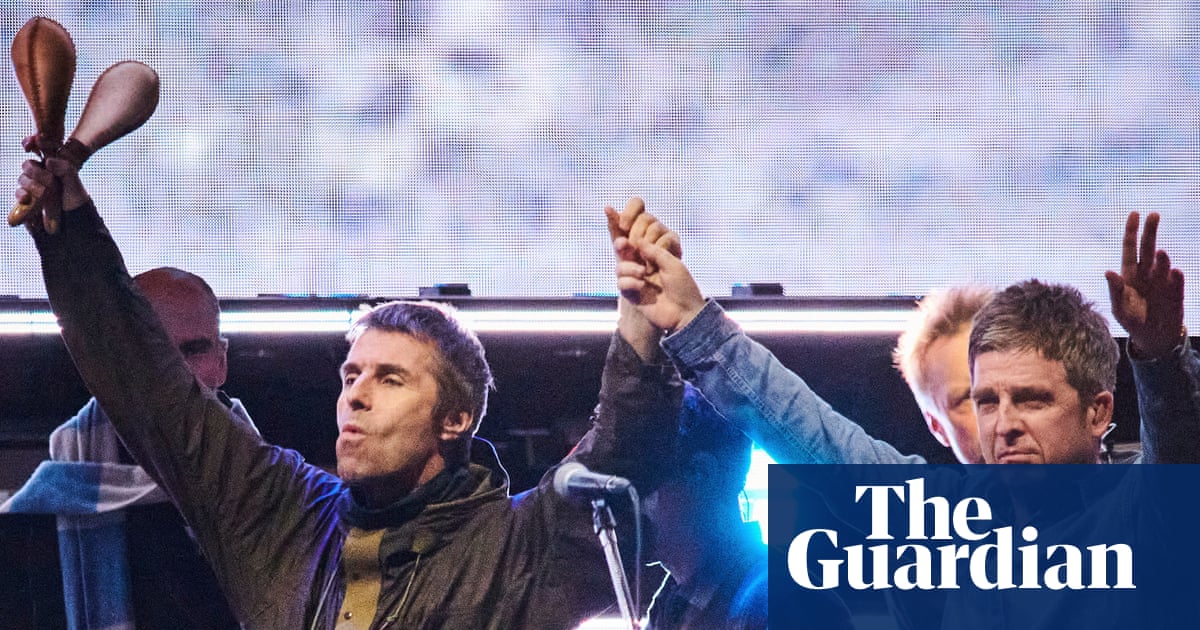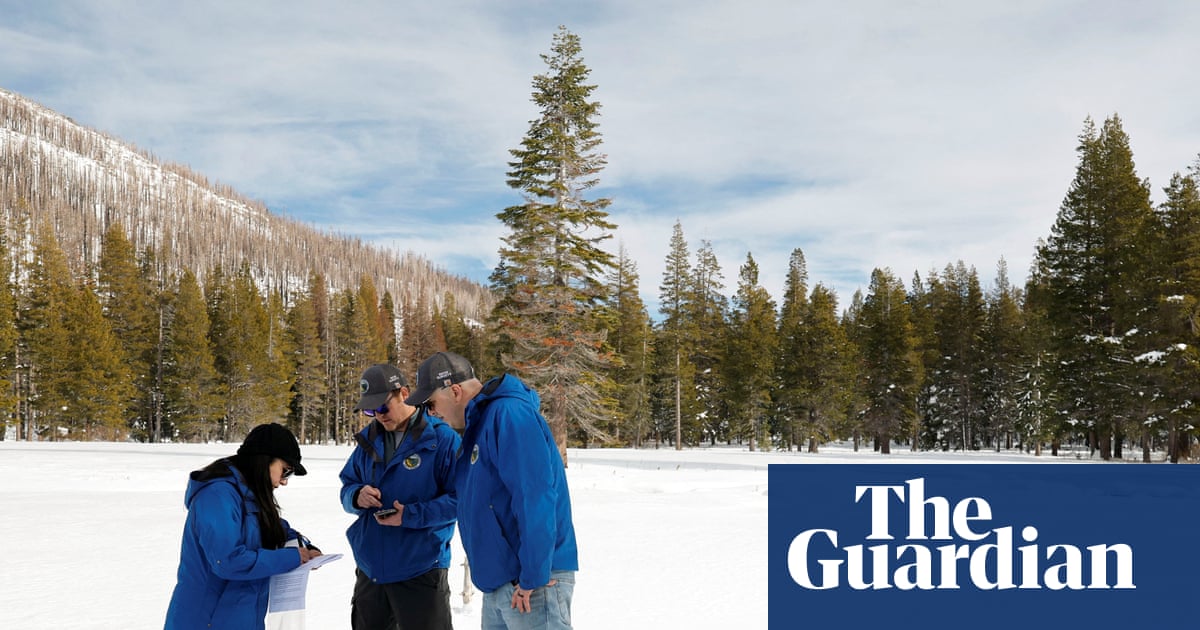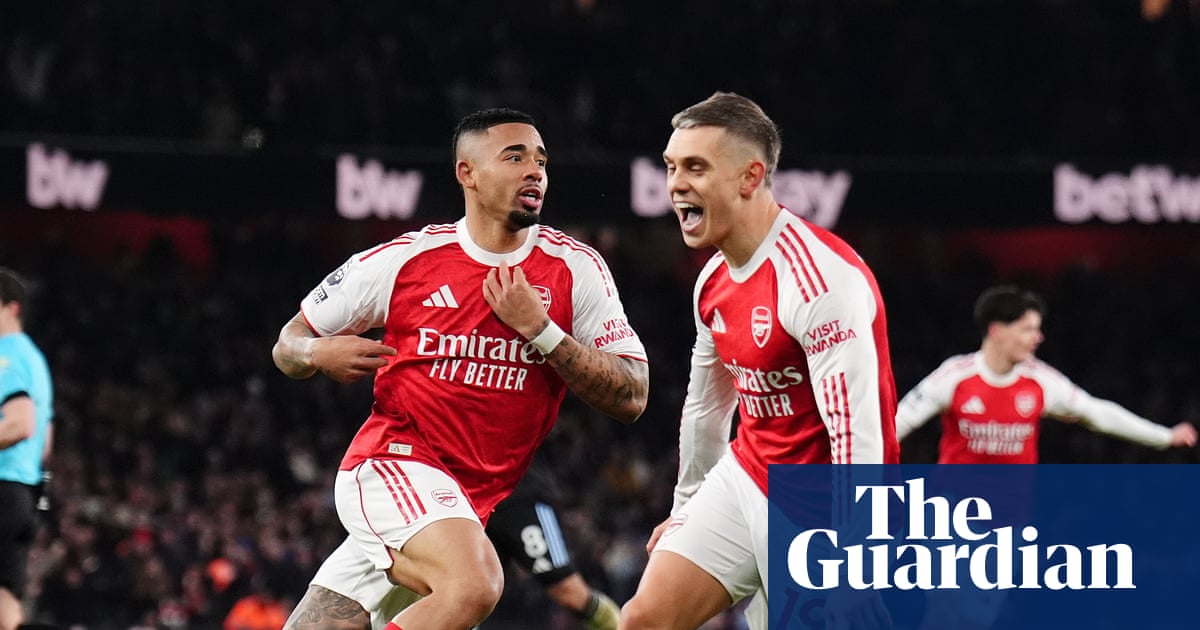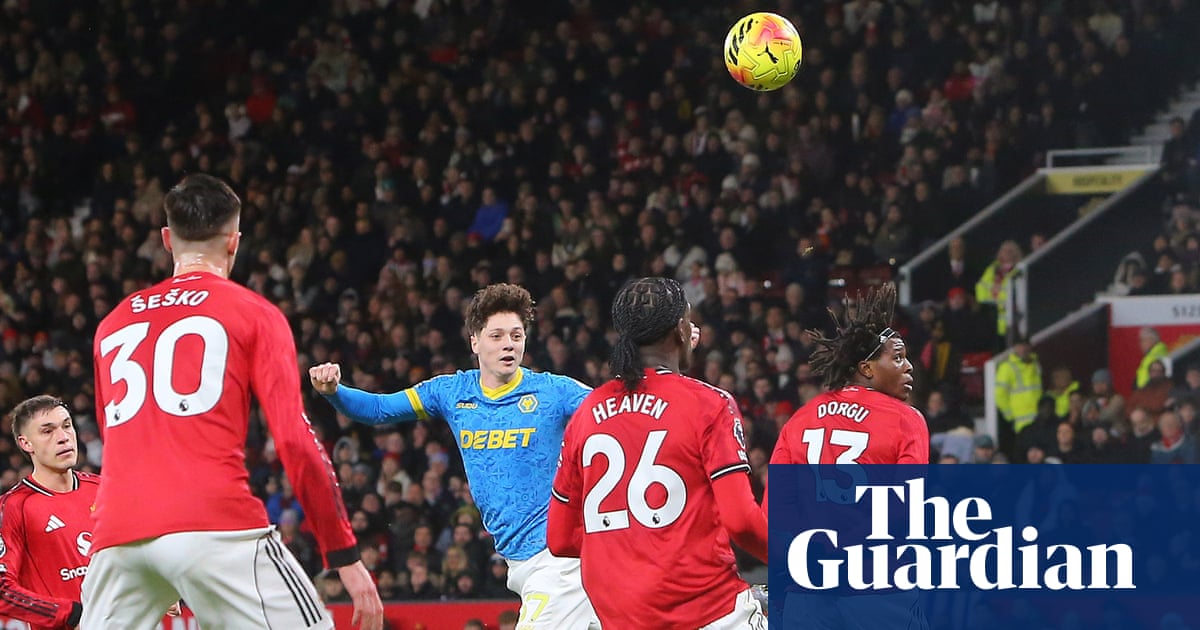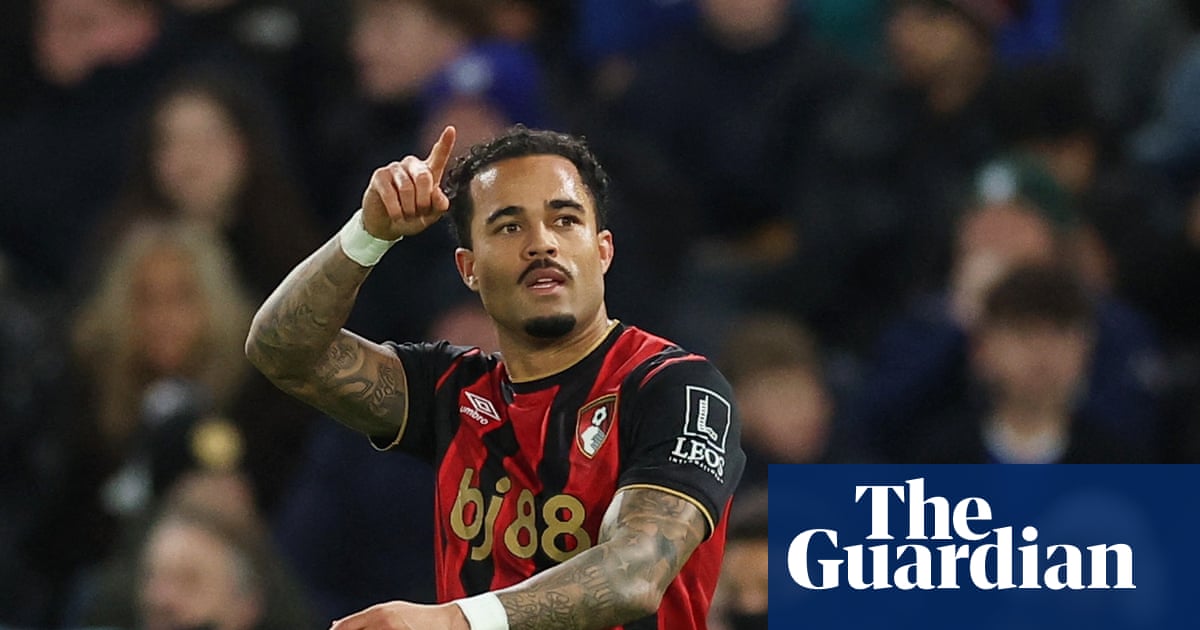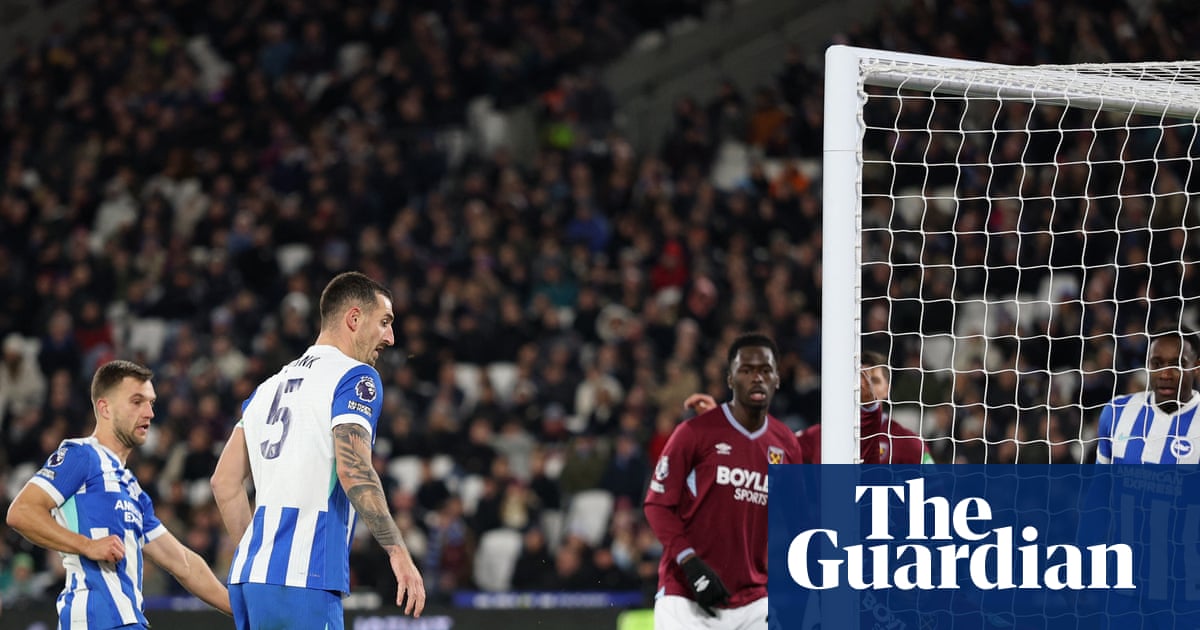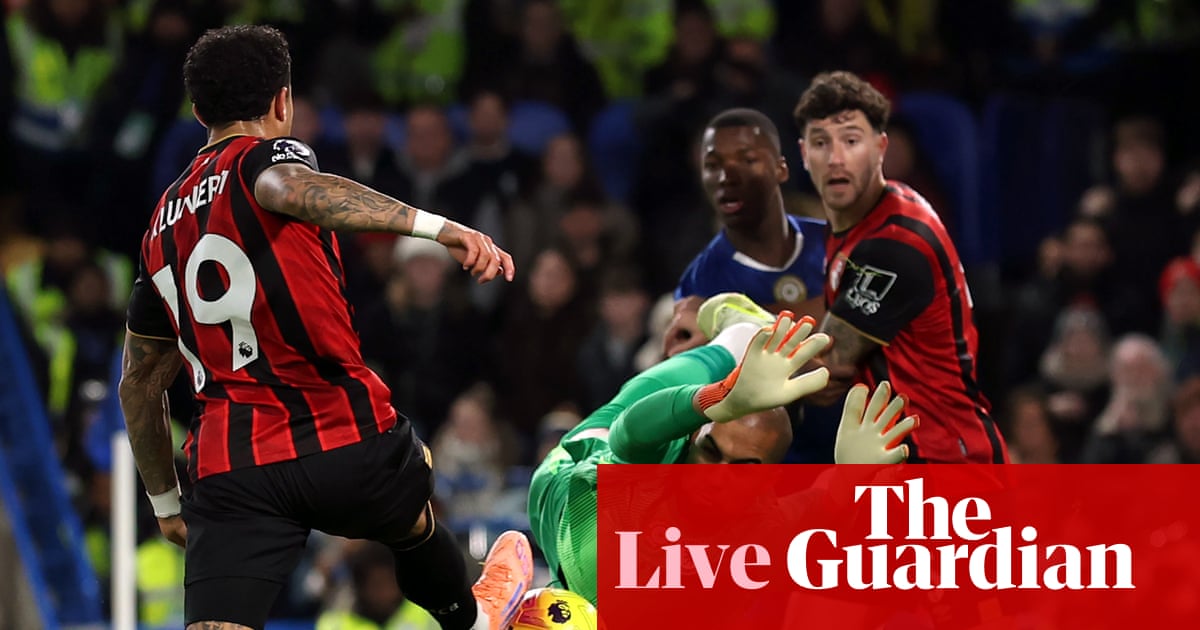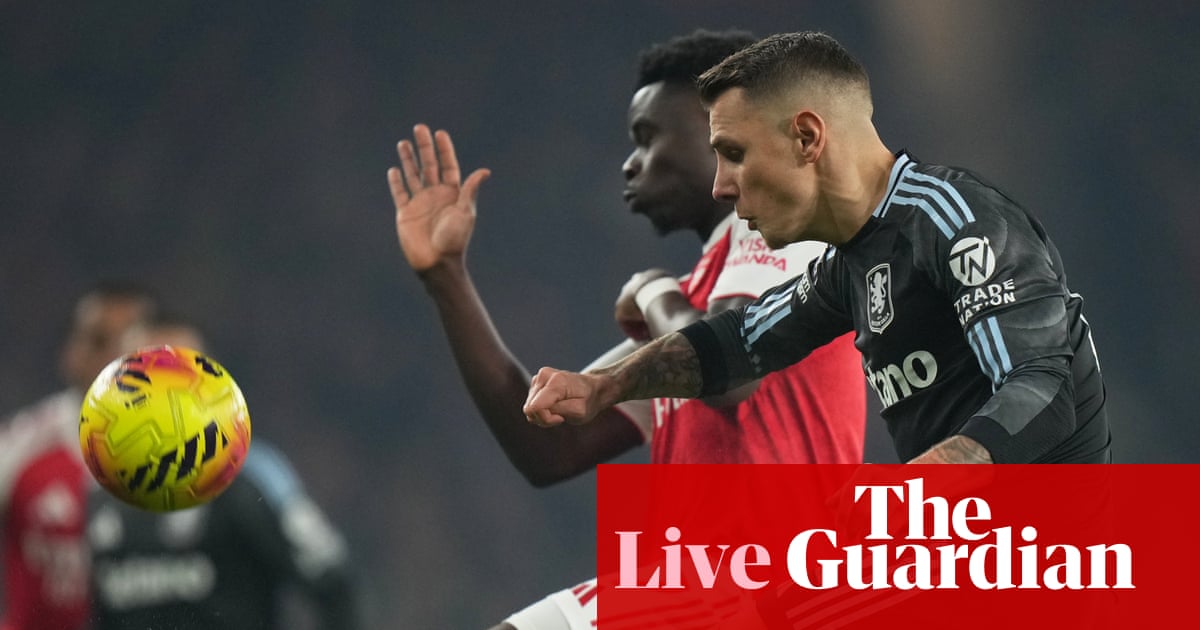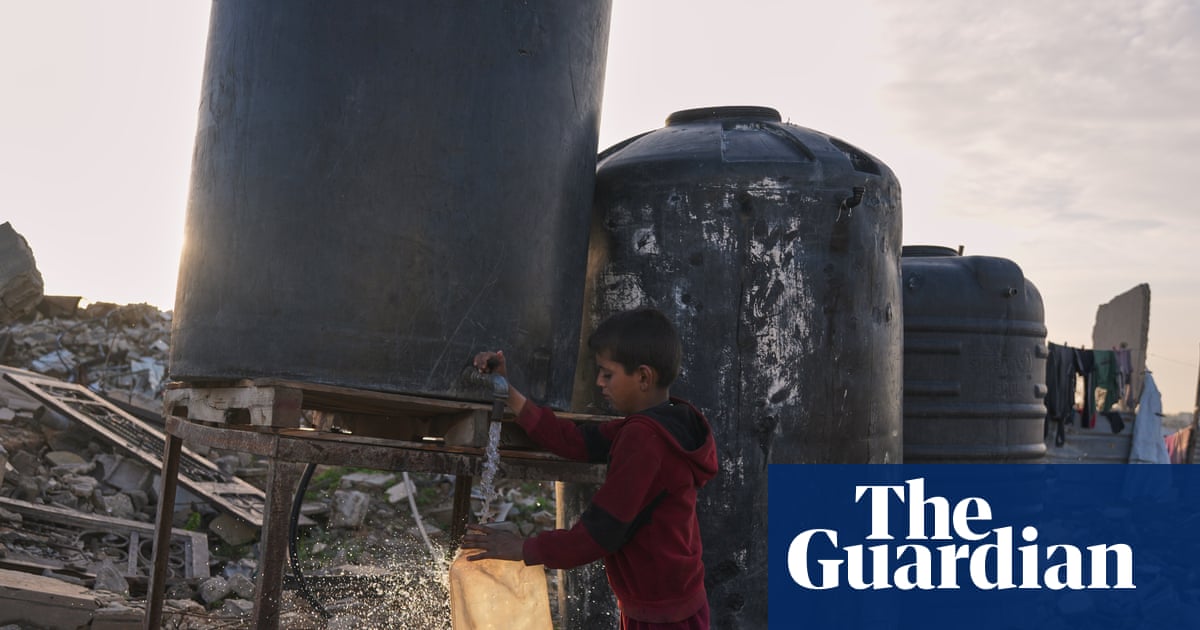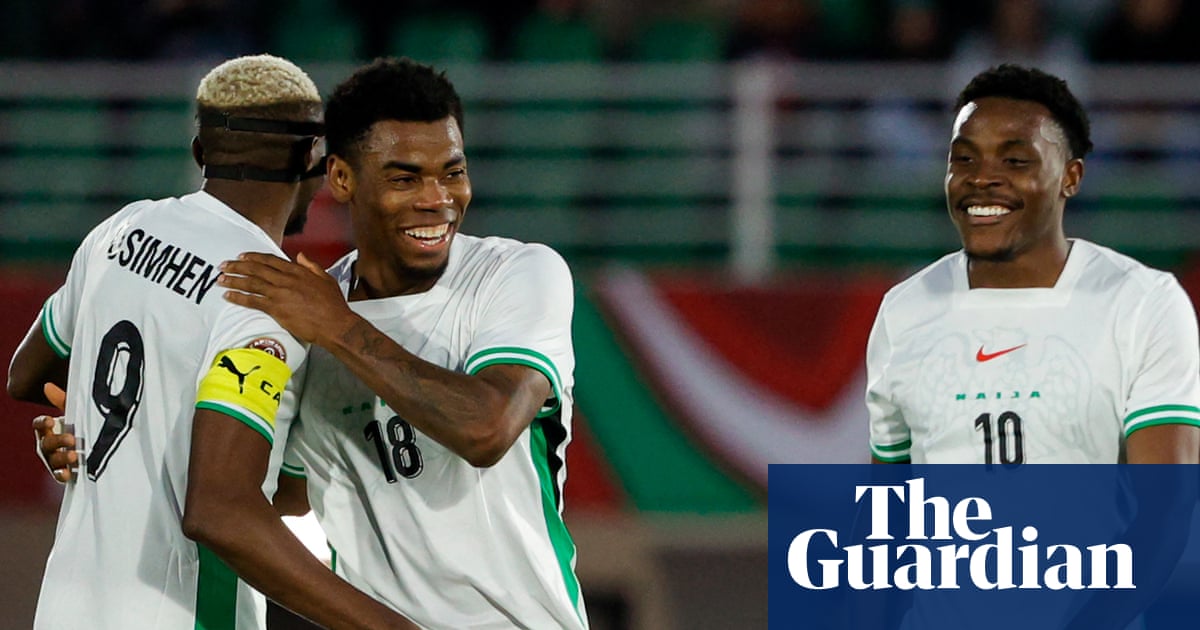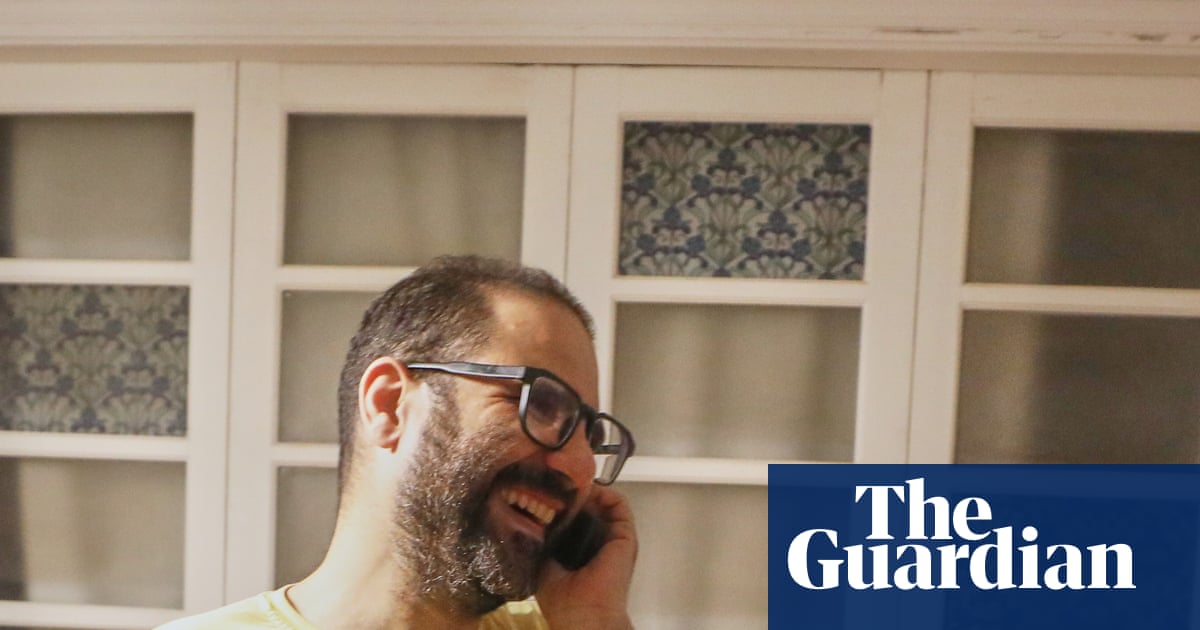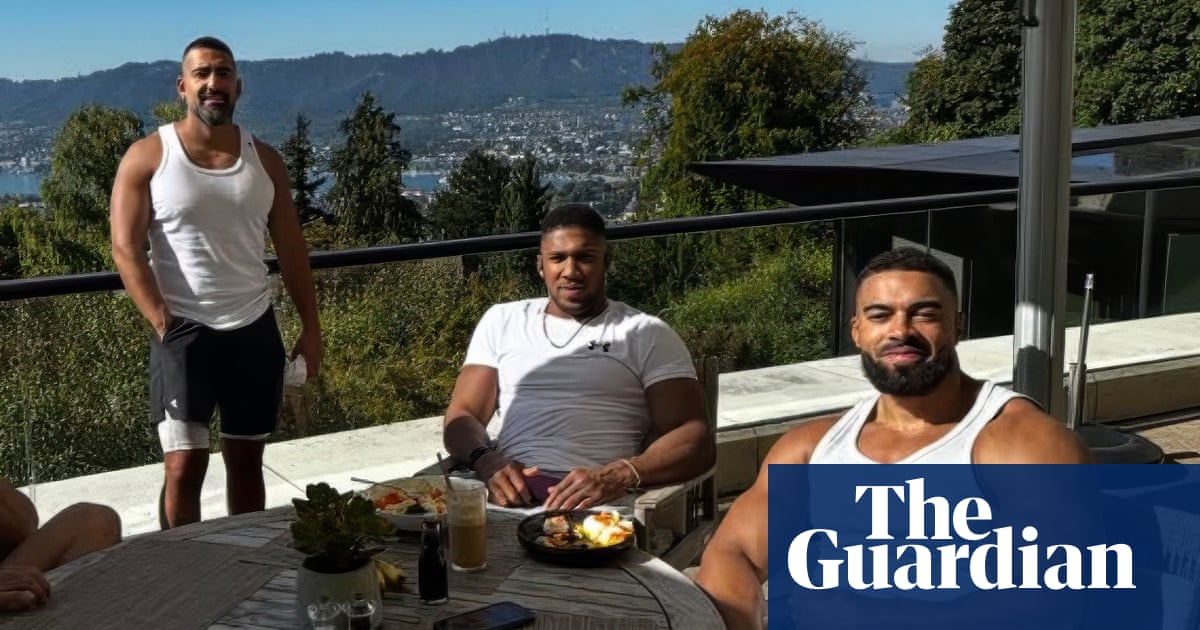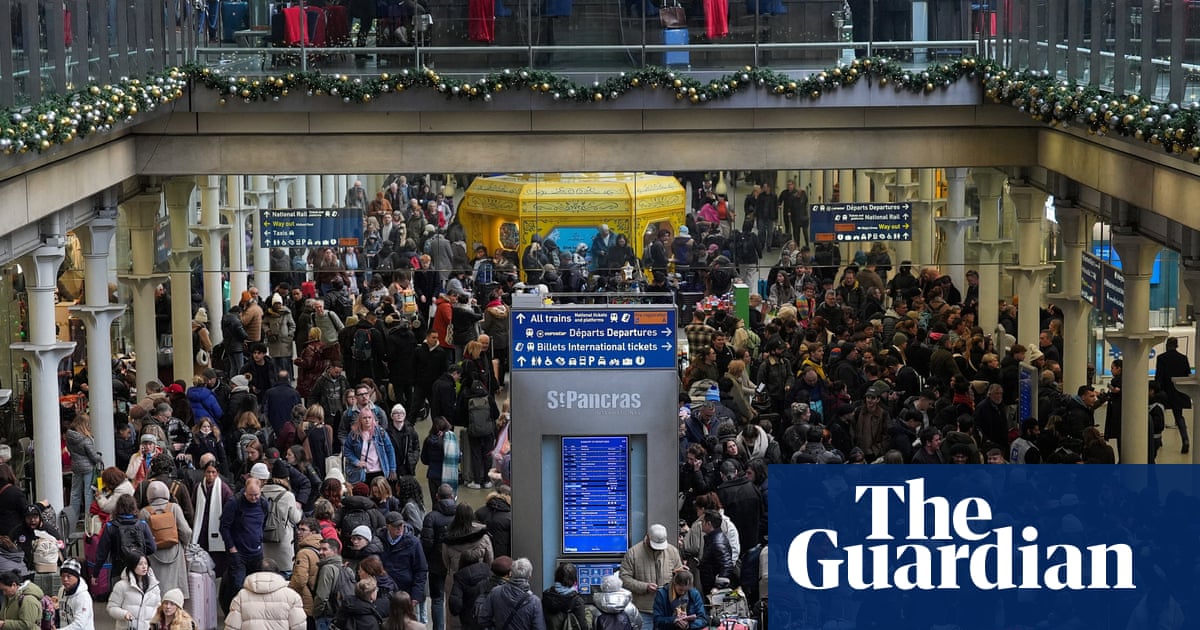Until I was 12 I was in the French school system, where theatre was Molière, Corneille, Racine. Going to the theatre meant The Sound of Music or My Fair Lady. Then it was decided I would switch to school in England. So, at 13, I arrived at Westminster school. It was 1968, and the world opened up.
I went to see a school production of Waiting for Godot in French in a small room with a little stage, and I was sitting at the back. Musically, I was pretty sophisticated – I already knew about all the psychedelic music that had been happening. I’d seen the Mothers of Invention. I’d seen lots and lots and lots. But I didn’t know there was stuff like this. I suddenly became aware that, just like in music, there was a whole new world out there.
I don’t know how good the French was, but it really didn’t matter what they were saying. It was just so abstract and vibrant and alive, with a sort of pent-up tension. And then, of course, it all explodes with Pozzo and Lucky’s arrival. The show was put on by older boys including Nigel Planer as Lucky. He was such a presence on stage. And he has to deliver that extraordinarily sort of baroque monologue. In French. It was amazing.
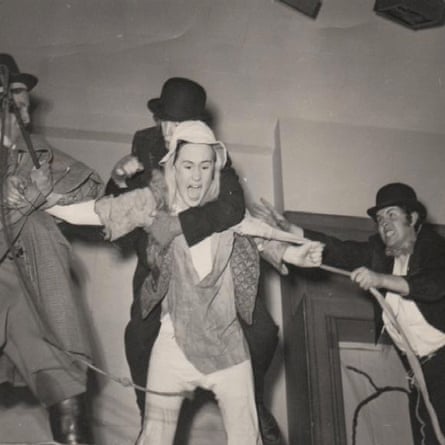
I loved the idea that nothing really had to happen, you know? That one thing happened and then it just goes on and then you have the little boy at the end explaining Godot won’t be coming today. It spoke about time and action and plot. Or the lack thereof.
We had been taught all these rules about what theatre was, but none of them applied here. I was absolutely fascinated by how little was going on. Much later when I was mixing records, I would try to turn them into something similar. When a new instrument came in, I’d pull out other instruments and deliberately isolate them. So you really heard that piano or that guitar or whatever it was. That sense of less is more … I learned that with Godot.
And yet it has a story. It really does. I mean, they are fully realised characters. They are so alive, Vladimir and Estragon, in their love for each other, like an old married couple. I don’t know how my life would have turned out if I hadn’t gone to that show. To that school and that show then. It just awakened something in me.
We were let out on Saturday afternoons and I started going to matinees at the Royal Court every time there was a new production. So you would see Pinter, John Osborne, Simon Gray plays. But the gateway to all of this was Godot.
I have so little recollection of the performance itself, except I know that it was never boring – it had me at the edge of my seat. What I took away is that there don’t have to be any rules. It definitely influenced how I worked with the bands that I signed to Ze Records. I even had the Waitresses [of Christmas Wrapping fame] write a song around “I Can’t Go On, I’ll Go On”. I just told them: “I want a song with this title.”
I think it made me more fearless, too, because you don’t need to worry about failure if you subscribe to Beckett’s worldview.
After folding his record label Ze in the 80s, Michael Zilkha went on to form Zilkha Biomass Energy before starting Ze Books in 2019.

 2 months ago
66
2 months ago
66
